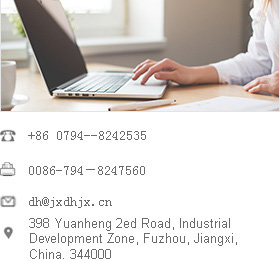
- DHP419 Series of PP Yarn Stretching Machine
- DH419D Series PP FDY Multifilament Spinning Machine HT
- DHP418 Series PP FDY Multifilament Spinning Machine MT
- DHKV 1235-12 Polyester POY Spinning Line
- DHPE Ultra High Molecular Weight Polyethylene Yarn Spinning Equipment
- DHTA Aramid 1414 Yarn Spinning Line


The Trump administration has been raising tariffs on China while taking tough measures against Japan's "Allies". The global trade landscape is tearing apart, and the real storm has only just begun.
In Japan's "darkest hour", even its Allies couldn't escape the tariff scythe. Surprisingly, this time the United States didn't even spare its "die-hard ally" Japan. On September 4 local time, the White House announced that Trump had signed an executive order to officially implement the US-Japan trade agreement.
According to the agreement, the United States will impose a benchmark tariff of 15% on almost all Japanese goods exported to the US, and at the same time implement differentiated tariff treatment for the following specific areas: automobiles and auto parts and other products. The United States has imposed additional tariffs on Japanese automobiles and auto parts. This is no different from an "economic nuclear blow" to Japan's manufacturing industry, which has a very high proportion of exports.
Japan previously released a series of macroeconomic and industry enterprise data for the second quarter, indicating that the high tariff policy of the US government has severely damaged the Japanese automotive industry and hindered the economic recovery of Japan. Given the increasingly prominent negative impact of US tariffs on the Japanese economy, the outlook for Japan's industries and even the overall economy has become more pessimistic.
Local media and experts commented that the export of automobiles and auto parts accounts for about one-third of Japan's total exports to the United States. The 25% tariff imposed by the United States on automotive products will have a huge impact on Japan's exports.
Facing the "stab in the back" from the United States, Japanese Prime Minister Shigeru Ishiba publicly expressed "extreme disappointment", but he has been hesitant to take substantive countermeasures, only repeatedly emphasizing "regret" and "consultation".
The Japanese government is committed to accelerating the implementation of the following measures: increasing the purchase of US rice by 75% within the framework of the "minimum market access" rice program; The total annual purchase of American agricultural products amounts to 8 billion US dollars.
Declaration: The content of this article is compiled from the Internet and the copyright belongs to the original author. If there is any infringement, please inform us in time and contact us for deletion.







